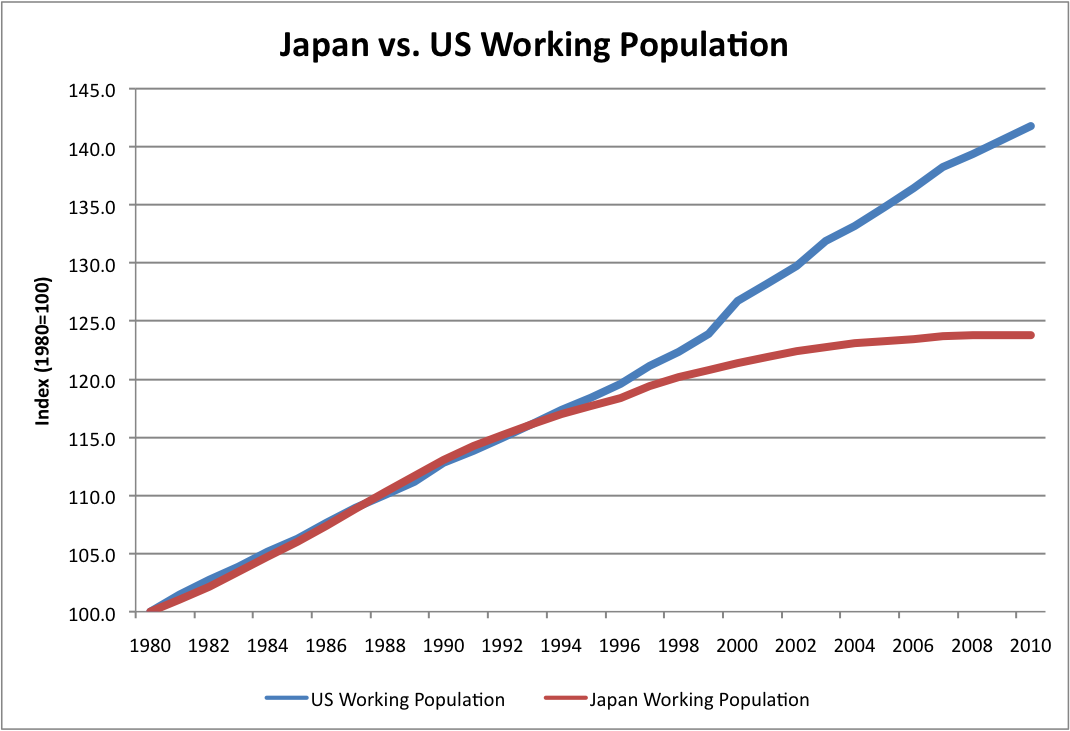This is all true and it shows that Japan is severely declining. Their massive QE program has massively distorted their capital market and the old low tech government policies are stiffling reformsUS and China at least have emerging technology companies like Google, Amazon, Alibaba, Tencent, Tesla, Nio, etc. that are companies in modern industries. Japan has none. Japan has no real Internet, software, or IT industries. It failed to develop a domestic vaccine when even Vietnam, India, and Russia have developed vaccines! Japan was the first Asian country to orbit the moon yet now it cannot even put a man in space, soon they will be behind India... I can go on and on. Pretty much every industry you think of Japan is nonexistent or falling behind. The only exception is a few niche semiconductor areas like photoresist that are a relic of its past glory. And even that it won't have a monopoly on forever as China develops alternatives. Even Softbank refuses to invest in a single Japanese company! Smh. Even South Korea is doing far better than Japan. Samsung alone does more R&D than most of corporate Japan combined
And lets not forget the infamous Japanese long long work hours.
What quality of life, low crime, clean etc when you are working 14 hrs per day. At that point you are basically a slave.
You wake up, go to work, come back and sleep immediately from being overworked

